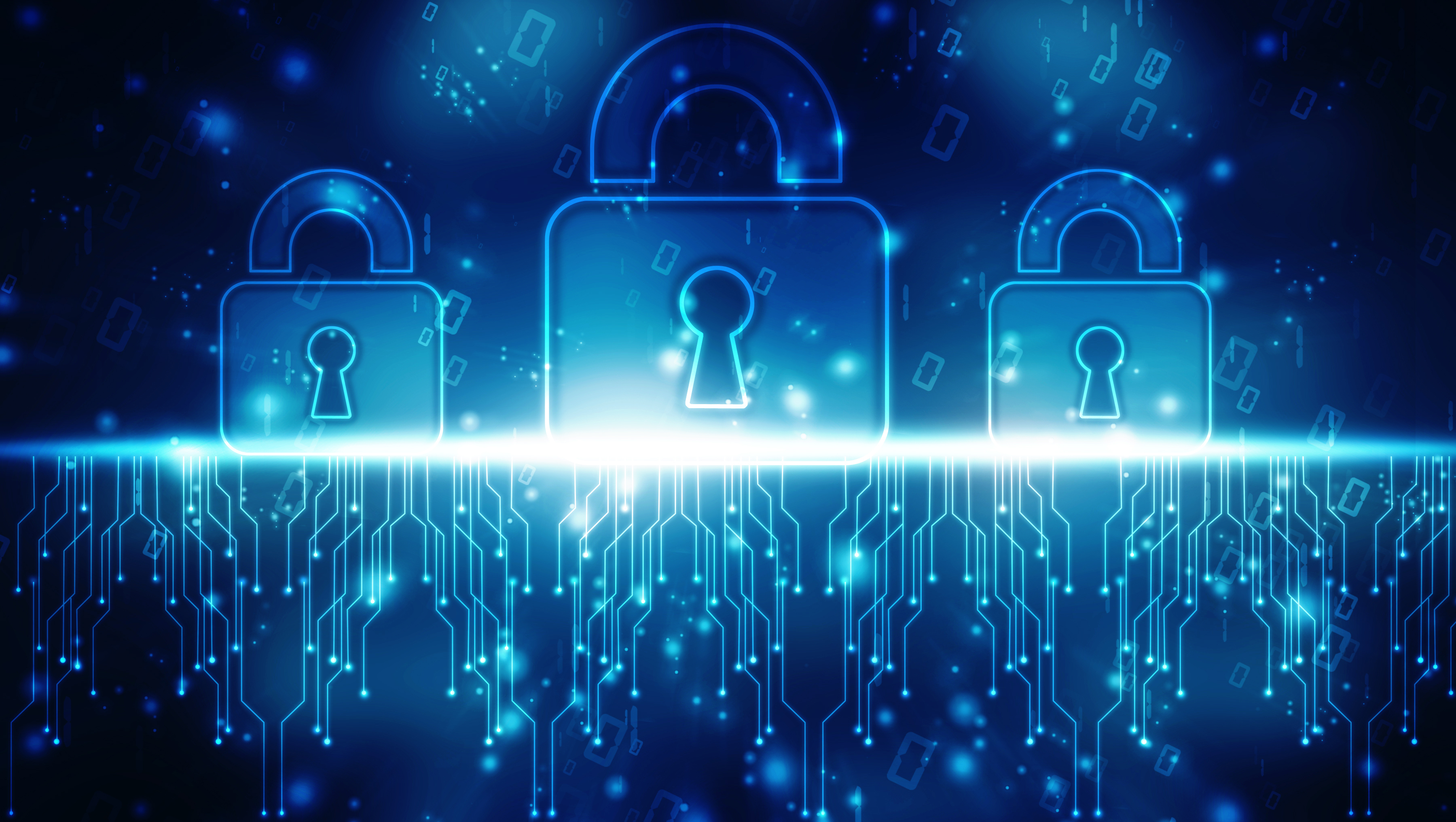Privacy is the collateral damage in our war on terror
More UK citizens must value privacy for government to leave our data alone


Privacy campaigners and security industry stalwarts alike get hot under the collar when the state plays the national security card to erode our rights to cyber privacy. Unfortunately, it would appear that many consumers don't agree.
Half the UK public believe technology firms should prioritise national security over their own privacy, indicates research from F5 Networks. This includes giving government agencies access to locked devices such as the San Bernardino iPhone.
But with 31 per cent of consumers don't see any value in giving personal data to companies, and 70 per cent are worried doing so would result in their data falling into the wrong hands. Meanwhile, F5's data suggests 33 per cent of UK consumers wouldn't swap any data for free services.
But if a third of us value our privacy highly enough that we wouldn't swap personal data for free services, then why are we simultaneously most in favour of allowing government agencies access to encrypted data?
This conflict suggests that the 'war on terror' message that has been hammered home for the last 15 years is now so embedded in our psyche that we believe it trumps everything else, including personal freedoms.
This is something that each and every one of us needs to think about really carefully. After all, it's not like we are at war with a state, and it's very unclear how victory can be achieved in any practical sense.
In any war there are casualties, and it's looking increasingly like privacy is the collateral damage of this one. With the war on terror being, let's face it, pretty much an open-ended affair, it would seem likely that the damage being inflicted upon our privacy expectations won't heal for the foreseeable future.
Get the ITPro daily newsletter
Sign up today and you will receive a free copy of our Future Focus 2025 report - the leading guidance on AI, cybersecurity and other IT challenges as per 700+ senior executives
It's not that there can't be a balance between security and privacy, it's that we cannot sacrifice privacy to the altar of safety. There's no doubt that getting this balance right is difficult, and the recent FBI versus Apple debate has illustrated that very nicely indeed, but it's a conversation that has to be had.
What's more, it's one that needs to be taken more seriously by more people. It cannot be allowed to become simply a struggle between idealistic nerds and data-grabbing governments, it has to involve everyone.
How we do that is, frankly, something I'm struggling to get a handle on. What I do know is that just grabbing at our freedom wholesale is not the right way to go about it. After all, if freedom is the cost of victory then who will have won this 'war on terror' when it ends?
Davey is a three-decade veteran technology journalist specialising in cybersecurity and privacy matters and has been a Contributing Editor at PC Pro magazine since the first issue was published in 1994. He's also a Senior Contributor at Forbes, and co-founder of the Forbes Straight Talking Cyber video project that won the ‘Most Educational Content’ category at the 2021 European Cybersecurity Blogger Awards.
Davey has also picked up many other awards over the years, including the Security Serious ‘Cyber Writer of the Year’ title in 2020. As well as being the only three-time winner of the BT Security Journalist of the Year award (2006, 2008, 2010) Davey was also named BT Technology Journalist of the Year in 1996 for a forward-looking feature in PC Pro Magazine called ‘Threats to the Internet.’ In 2011 he was honoured with the Enigma Award for a lifetime contribution to IT security journalism which, thankfully, didn’t end his ongoing contributions - or his life for that matter.
You can follow Davey on Twitter @happygeek, or email him at davey@happygeek.com.
-
 Bigger salaries, more burnout: Is the CISO role in crisis?
Bigger salaries, more burnout: Is the CISO role in crisis?In-depth CISOs are more stressed than ever before – but why is this and what can be done?
By Kate O'Flaherty Published
-
 Cheap cyber crime kits can be bought on the dark web for less than $25
Cheap cyber crime kits can be bought on the dark web for less than $25News Research from NordVPN shows phishing kits are now widely available on the dark web and via messaging apps like Telegram, and are often selling for less than $25.
By Emma Woollacott Published